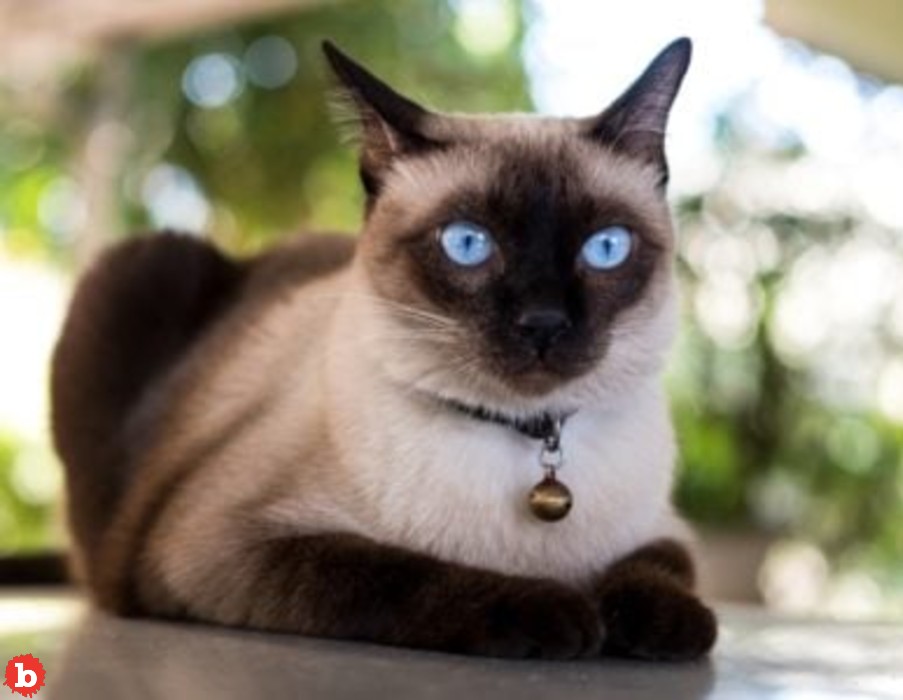SIAMESE CATS COLORATION IS ACTUALLY A MAP OF THEIR BODIES’ HEAT SIGNATURES
Siamese cats are pretty amazing as their own little subset of the domesticated feline persuasion. I’ve known a bunch of them, having grown up with two as a child and meeting many others later on. And when I was a kid, I always wondered how it is that this particular breed had such a symmetric set of patters when it came to their fur. But I shrugged it off as one of those mysteries, especially as mongrel cats fur was actually totally random. But Siamese? It’s not random at all! In fact, their coloration is a full map of their heat distribution.
Read More: Oldest Human Footprints in Americas Dated Back 23,000 Years Ago
FOR SIAMESE CATS, WHERE THEY’RE DARK, THEY’RE COOL, AND LIGHT, THEY’RE HOTTER
So what does that really mean? Ok, let’s see a fun way to describe this. Remember when there was a total fad in photography and video where they captured the different levels of heat? As I recall, there were some fairly racy videos. Or another example is the thermographic vision in the Predator movies. But with Siamese cats, every time you look at them, you are literally looking at their body temperature emanations all over them. And the reason why is totally cool. I just can’t believe we’re only hearing about it now!
Related: Australian Duck Learns How to Say, “You Bloody Fool!”
SIAMESE HEAT SIGNATURES AND UNIQUE COLORING TOTALLY DUE TO GENETIC MUTATION
So what’s the deal with Siamese cats and temperature fur coloration? Well, genetics is obviously involved. These kitties look the way they do because of a mutation. Precisely, a mutation of tyrosinase, which is an enzyme that makes melanin. A long story short, one missing amino acid in Siamese cats makes tyrosinase very sensitive to temperature. So everywhere there’s lighter color, that’s where the most heat is on the cats’ bodies. But in places like the ears, tail, feet and face, Siamese cats have darker colors where their skin is cooler.
Who knew these cats were so cool? Well, at least in the darker spots.






